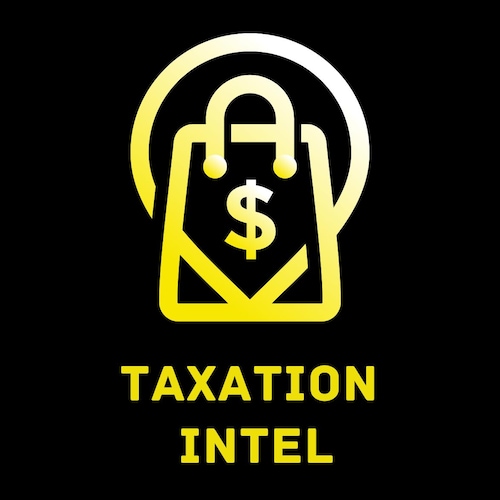Key Highlights:
The good news is that knowing what to look for can help you stay safe. In this article, we'll cover (6) six common IRS tax scams and share simple steps to protect yourself.
Scam #1: IRS Impersonation Phone Calls

Person receiving a suspicious IRS phone call with caller ID showing ‘IRS’
How This Scam Works
Scammers call you pretending to be IRS agents. They might sound professional and even know part of your Social Security number. They claim you owe taxes and demand immediate payment, often through gift cards, wire transfers, or prepaid debit cards.
Problems It Can Cause
If you pay the scammers, you'll lose your money with no way to get it back. Sharing personal information can lead to identity theft. Many victims feel scared and pressured into making quick decisions they later regret.
How to Protect Yourself
Remember that the real IRS first contacts taxpayers by mail, not by phone. The IRS never demands immediate payment using specific methods like gift cards or wire transfers. If you get a suspicious call, hang up and report it to the Treasury Inspector General for Tax Administration at TIGTA's website.
Scam #2: Phishing Emails and Text Messages

Phishing emails often include fake IRS logos and urgent requests for information
How This Scam Works
Scammers send emails or text messages that look like they're from the IRS. These messages might claim you're due a refund or that there's a problem with your tax return. They include links to fake websites designed to steal your personal information.
Problems It Can Cause
Clicking on links in these messages can download malware to your device or take you to fake websites that steal your personal and financial information. This can lead to identity theft, tax fraud, and unauthorized purchases.
How to Protect Yourself
The IRS doesn't initiate contact with taxpayers by email, text message, or social media to request personal or financial information. Don't click on links in unexpected emails or texts claiming to be from the IRS.
Scam #3: Tax Identity Theft

Tax identity theft is often discovered when your legitimate return is rejected
How This Scam Works
A scammer uses your Social Security number to file a fake tax return and claim a refund before you file your legitimate return. You usually discover this has happened when you try to file your return and the IRS rejects it because a return has already been filed with your Social Security number.
Problems It Can Cause
Tax identity theft can delay your legitimate tax refund for months while the IRS investigates. You'll need to fill out extra forms and provide proof of your identity. The process of clearing up tax identity theft can be time-consuming and stressful.
How to Protect Yourself
File your tax return early, before scammers have a chance to file a fake one. Protect your Social Security number and personal information. If you're a victim of tax identity theft, file a complaint with the FTC at IdentityTheft.gov, contact the IRS, and consider placing a fraud alert on your credit reports.
Your career will thank you.
Over 4 million professionals start their day with Morning Brew—because business news doesn’t have to be boring.
Each daily email breaks down the biggest stories in business, tech, and finance with clarity, wit, and relevance—so you're not just informed, you're actually interested.
Whether you’re leading meetings or just trying to keep up, Morning Brew helps you talk the talk without digging through social media or jargon-packed articles. And odds are, it’s already sitting in your coworker’s inbox—so you’ll have plenty to chat about.
It’s 100% free and takes less than 15 seconds to sign up, so try it today and see how Morning Brew is transforming business media for the better.
Scam #4: Ghost Tax Preparers

Legitimate tax preparers always sign returns and include their PTIN
How This Scam Works
Ghost preparers are people who prepare tax returns but refuse to sign them as the paid preparer. They might print the return and ask you to sign and mail it, or they might file it electronically but refuse to digitally sign as the preparer. Some may even ask you to pay them based on a percentage of your refund.
Problems It Can Cause
Ghost preparers often make up numbers on your return to get you a bigger refund. When the IRS discovers the false information, you'll be responsible for paying back the incorrect refund plus interest and penalties. You might even face criminal charges for tax fraud.
How to Protect Yourself
Only use tax preparers who sign the returns they prepare and include their Preparer Tax Identification Number (PTIN). Ask for a copy of your return for your records. Check the IRS Directory of Federal Tax Return Preparers to find qualified professionals.
Scam #5: Fake Charity Scams
Upgrade Below to get the full details of this informative tax article!
Complete Tax Newsletter + Ask Any Tax Question!
Receive ongoing News & Resources twice per week + Get Tax Support! Questions? Concerns? Advice? Business or Personal. For tax support contact email: [email protected]
Upgrade NOWA subscription gets you:
- Complete Tax Newsletter
- Ask Any Tax Question




